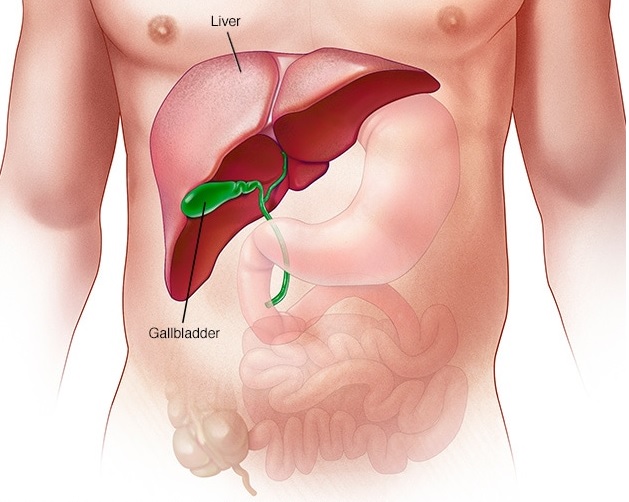Honey, Bee Bread, Bee Pollen, Beeswax, Health, Apitherapy
Bee Products and Liver Diseases
Bee products, such as honey, propolis, and royal jelly, may have beneficial effects on liver diseases. Here are a few examples:
- Honey: Honey has antioxidant and anti-inflammatory properties, which may be beneficial for liver health. It can help reduce oxidative stress and inflammation in the liver, which are common factors in the development of liver diseases. Some studies have shown that honey may be helpful for treating liver damage caused by alcohol, drugs, or viral infections.
- Propolis: Propolis has been shown to have hepatoprotective effects, which means it can protect the liver from damage caused by toxins, drugs, or other harmful substances. It can also help reduce inflammation in the liver and improve liver function. Some studies have suggested that propolis may be helpful for treating liver diseases, such as hepatitis and fatty liver disease.
- Royal Jelly: Royal jelly contains a range of nutrients, including antioxidants, amino acids, and vitamins, which may be beneficial for liver health. Some studies have shown that royal jelly can help improve liver function and reduce inflammation in the liver. It may also be helpful for preventing liver damage caused by alcohol or other toxins.
- Bee Venom: Bee venom contains a compound called melittin, which has been shown to have anti-inflammatory and antioxidant effects. Some studies have suggested that bee venom may be helpful for reducing liver inflammation and improving liver function in animal models of liver diseases.
- Bee Pollen: Bee pollen contains a range of nutrients, including vitamins, minerals, and antioxidants, which may be beneficial for liver health. Some studies have suggested that bee pollen may help reduce liver inflammation and improve liver function. It may also be helpful for preventing liver damage caused by toxins or other harmful substances.
- Bee Venom Therapy: Bee venom therapy involves the controlled injection of bee venom to treat a variety of medical conditions, including liver diseases. Some studies have suggested that bee venom therapy may be helpful for reducing inflammation in the liver and improving liver function in patients with chronic hepatitis B or C.
- Beeswax: Beeswax contains a compound called betulin, which has been shown to have hepatoprotective effects. It can help protect the liver from damage caused by toxins, drugs, or other harmful substances. Some studies have suggested that beeswax may be helpful for preventing liver damage caused by alcohol or other toxins
- Honey and Non-Alcoholic Fatty Liver Disease: Non-alcoholic fatty liver disease (NAFLD) is a common condition in which excess fat accumulates in the liver, causing inflammation and liver damage. Some studies have suggested that honey may be helpful for reducing liver fat and improving liver function in patients with NAFLD. Honey may also help reduce inflammation and oxidative stress in the liver, which are common factors in the development of NAFLD.
- Propolis and Liver Cancer: Liver cancer is a serious condition that can be difficult to treat. Some studies have suggested that propolis may have anticancer effects and may be helpful for preventing the growth and spread of liver cancer cells. Additionally, propolis has been shown to have hepatoprotective effects, which may help reduce the risk of liver damage and liver cancer.
- Royal Jelly and Liver Enzymes: Liver enzymes are proteins that help the liver carry out its functions. Abnormal levels of liver enzymes can indicate liver damage or disease. Some studies have shown that royal jelly can help reduce levels of liver enzymes in patients with liver disease, indicating an improvement in liver function.
In summary, bee products have a range of potential benefits for liver health, including reducing liver inflammation, protecting the liver from damage, and improving liver function.



